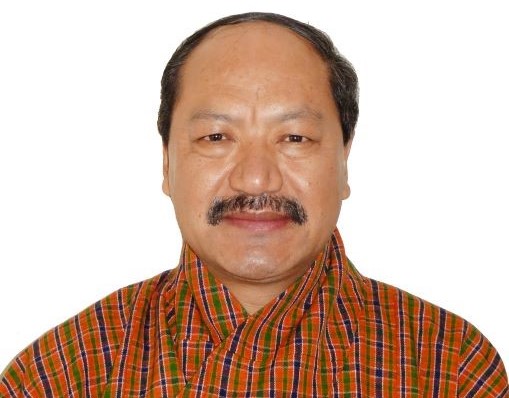The Conference of Parties (COP) Bureau of the United Nations Framework Convention on Climate Change (UNFCCC) has decided that there could be an additional third session in 2021 if needed to catch up on work, so that by November 2021 it is back on track for COP26 in Glasgow.

The UN body arrived at the decision at a meeting on Tuesday, August 25, 2020 to determine the path forward for international climate negotiations, given the impossibility of holding in-person meetings this year due to the ongoing COVID-19 crisis.
In a reaction, the Least Developed Countries (LDC) Group is calling for scaled-up climate action and support.
“Action on climate change must not be delayed,” insists the Chair of the LDC Group, Sonam P. Wangdi.
The LDC Group represents the 47 poorest countries which, despite being responsible for the fewest emissions, are said to be most at risk from the impacts of climate change.
Wangdi said: “The Bureau has made very clear that the decision to postpone this years’ international climate talks to 2021 does not mean any postponement of progress, ambition, or of implementation of the Paris Agreement or the Convention.
“With such a full and important agenda for 2020-2021, the Secretariat and the COP Presidency (current and incoming) must ensure the voices of the most vulnerable are not excluded at any point, and must make efforts to accommodate internet connection issues, varying time zones, and any other issues that remote work presents.
“While we grapple with the unprecedented challenges of the COVID-19 pandemic, our countries are still dealing with frequent and severe climate impacts. Both the climate crisis and the global health crisis have caused devastation to our people, taking away lives and livelihoods. Each shock exacerbates the last, setting back development efforts.
“We are least responsible for the climate crisis, yet hit hardest by its impacts. Our futures depend on the collective actions of all countries.
“2020 is the deadline for the submission of revised national climate plans, known as nationally determined contributions (NDC), that must reflect each countries’ highest possible ambition and fair share in contributing to the global effort to limit warming to 1.5oC. It is also the year by which developed countries promised to mobilise $100 billion per year in climate finance. Support to date remains well below that commitment. Delaying negotiation sessions does not delay these deadlines.
“By the end of this year we still expect to see more ambitious NDCs submitted with plans for deeper emissions reductions and increased support for vulnerable countries. Global emissions must be urgently and massively reduced and the resilience of communities to climate change strengthened. These goals should be at the forefront of governments’ considerations as they make plans for recovery from the pandemic.
“Despite LDCs being among the most vulnerable countries, hardest hit by the compounding crises of COVID-19 and climate impacts, all 47 LDCs are determined to communicate updated NDCs, and at least 19 of our countries are aiming to communicate them by the end of 2020.
“It is critical that all governments, and particularly those governments of wealthy nations currently making stimulus plans to build their economies back ensure that spending is consistent with steep emissions reductions and aligned with 1.5oC pathways and the goals of the Paris Agreement.
“COVID-recovery plans that set the world back in realising the goals of the Paris Agreement and the Sustainable Development Goals cannot be considered recovery plans. Addressing one crisis by fuelling another is no way to recover – it’s a path to further devastation in the future.”
